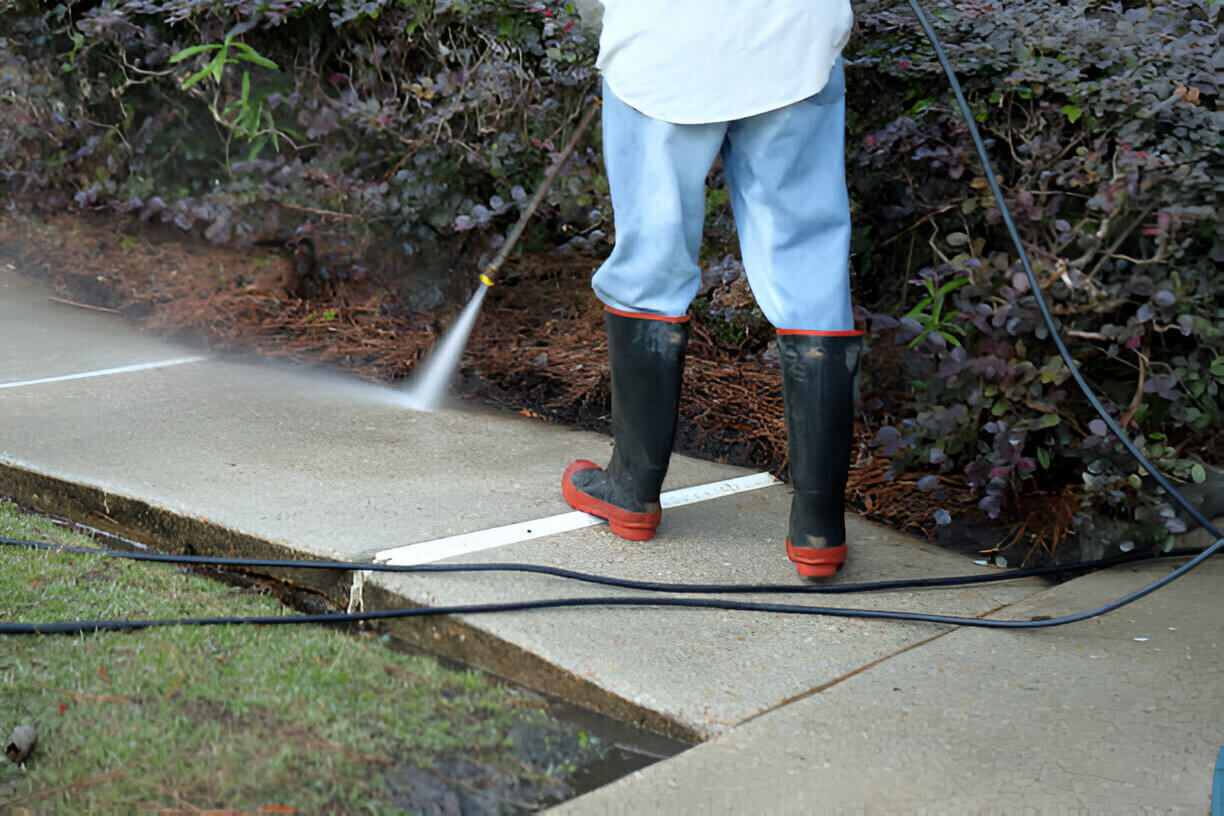Understanding the lifespan of a pressure washer can help you make informed decisions about maintenance and replacement. The longevity of a pressure washer depends on various factors, including the type of washer, frequency of use, and how well it is maintained. This guide provides detailed insights into the life expectancy of pressure washers and tips to extend their lifespan.

Types of Pressure Washers and Their Lifespan
Electric Pressure Washers
Electric pressure washers are generally designed for lighter, residential tasks. Their lifespan typically ranges from three to five years with regular use. High-quality electric models can last up to ten years if properly maintained. Factors such as the quality of the components and how often the machine is used play a significant role in determining its longevity.
Electric pressure washers are convenient for small to medium-sized jobs around the house, such as cleaning cars, patios, and garden furniture. Their quieter operation and lower maintenance requirements make them a popular choice for homeowners.
Gas Pressure Washers
Gas pressure washers are built for heavier, more demanding tasks. They tend to last longer than electric models, often between five to ten years. High-end gas pressure washers, which are made from durable materials and have robust engines, can last even longer with appropriate care and maintenance.
Gas pressure washers are ideal for larger projects such as cleaning driveways, large decks, and commercial applications. They offer higher pressure and flow rates, which can handle tougher jobs more efficiently.
Factors Affecting the Lifespan of Pressure Washers
Quality of the Machine
The quality of the pressure washer significantly impacts its lifespan. High-end models made from durable materials typically last longer than budget-friendly options. Investing in a quality machine can be cost-effective in the long run, as it reduces the need for frequent replacements.
When choosing a pressure washer, consider brands known for their reliability and durability. While the initial cost may be higher, the long-term savings from reduced maintenance and replacement costs make it a worthwhile investment.
Frequency of Use
Pressure washers used frequently, especially for commercial purposes, experience more wear and tear compared to those used occasionally for residential tasks. Regular use requires more frequent maintenance to keep the machine in good working condition and extend its lifespan.
If you use your pressure washer infrequently, you might opt for a lower-end model, but for regular or heavy-duty use, investing in a higher-quality machine is advisable.
Maintenance Practices
Regular maintenance is crucial for prolonging the life of a pressure washer. This includes tasks such as:
- Changing the Oil: For gas-powered models, changing the oil every three to five months helps keep the engine running smoothly. Regular oil changes ensure that the engine is well-lubricated and operating efficiently.
- Flushing the Pump: Regularly flushing the pump prevents mineral buildup and corrosion, which can damage the pump and reduce the washer’s efficiency. Using pump saver solutions can help maintain the pump’s condition.
- Checking and Cleaning Nozzles: Ensuring nozzles are clean and free from blockages helps maintain proper pressure levels and prevent wear on the pump. Regular inspection and cleaning of nozzles ensure consistent performance.
- General Cleaning: Keeping the machine clean and free from debris prevents rust and maintains airflow to the motor and pump. Cleaning the exterior and vents of the machine helps prevent overheating and mechanical issues.
Common Issues and Solutions
Overheating
Overheating is a common issue that can significantly reduce the lifespan of a pressure washer. It occurs when the pump and motor overwork without adequate cooling. Ensuring a constant water supply and taking breaks during prolonged use can prevent overheating.
Proper cooling and regular breaks during use allow the machine to operate within safe temperature ranges, reducing the risk of overheating and damage.
Cavitation
Cavitation occurs when air bubbles form in the pump due to insufficient water supply, causing damage to the pump over time. To avoid cavitation, ensure the pressure washer is always adequately supplied with water.
Using a water filter and ensuring a steady water supply helps prevent cavitation, which can lead to significant pump damage if not addressed.
Dirty Filters
Clogged air filters can restrict airflow to the engine, causing it to overheat and wear out faster. Regularly checking and cleaning or replacing air filters is essential for maintaining the machine’s efficiency.
Clean filters ensure that the engine receives adequate airflow, reducing the risk of overheating and improving overall performance.
Tips to Extend the Lifespan of Your Pressure Washer
- Follow Manufacturer’s Instructions: Adhering to the guidelines provided in the user manual ensures the machine is used correctly and maintained properly. Manufacturer guidelines provide specific maintenance schedules and usage tips tailored to your model.
- Use the Right Nozzle: Using the appropriate nozzle for each task prevents unnecessary strain on the machine. Different nozzles are designed for different pressures and spray patterns, ensuring optimal performance for various cleaning tasks.
- Store Properly: Store the pressure washer in a dry, cool place to prevent rust and other environmental damage. Proper storage protects the machine from the elements, extending its lifespan.
- Perform Regular Inspections: Regularly check for signs of wear and tear and replace any damaged parts promptly. Early detection and repair of issues prevent them from escalating into more significant problems.
Conclusion
The lifespan of a pressure washer varies based on its type, usage, and maintenance practices. By investing in a high-quality machine and following proper maintenance routines, you can extend the life of your pressure washer, ensuring it remains a valuable tool for years to come. Regular maintenance, careful use, and proper storage are key to maximizing the longevity of your pressure washer, ultimately saving you money and ensuring optimal performance.




